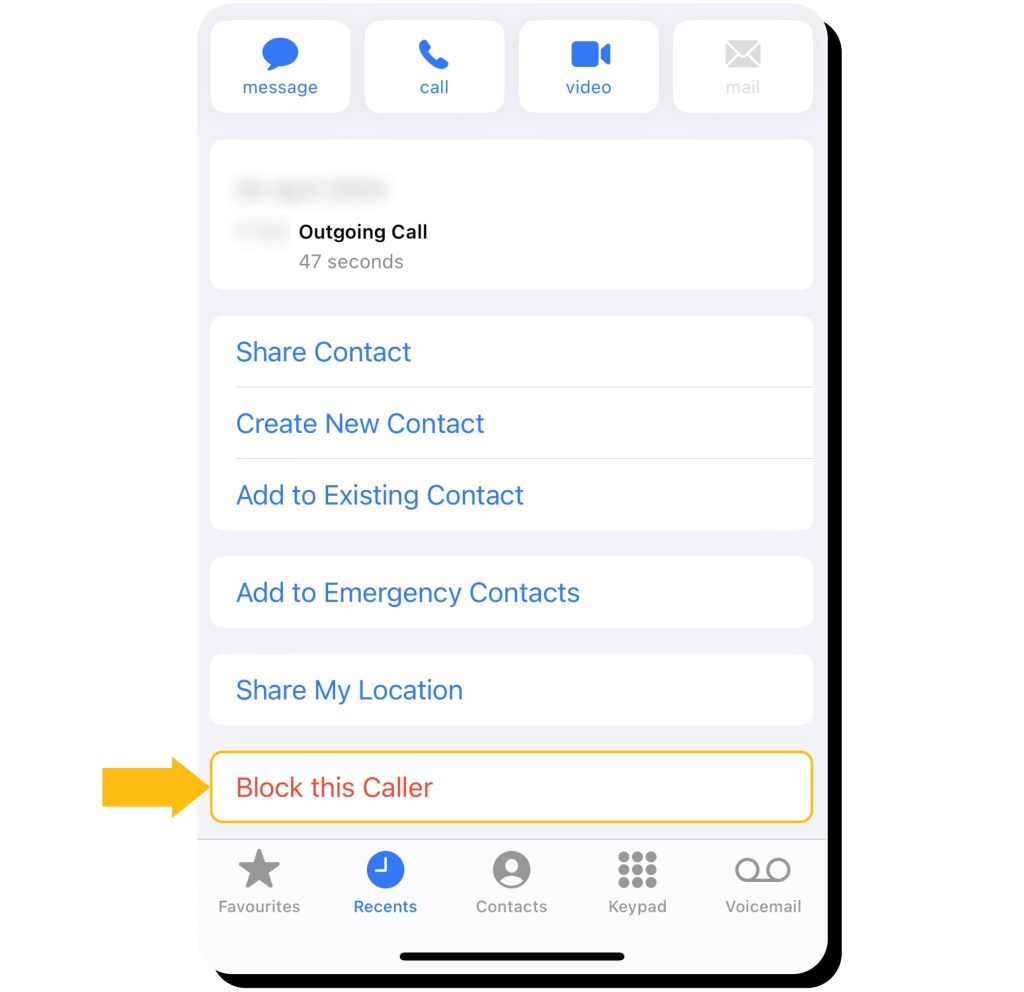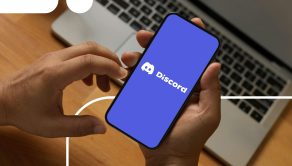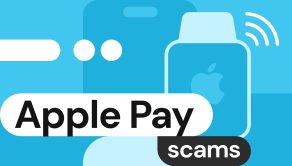Area сode 929 spam: recognize, prevent, and report unwanted calls

If you suspect calls or text messages from area code 929 are spam, you’re right to be cautious. Recognizing such communications early on, being aware of the numbers that are frequently flagged as spam, and promptly responding to any suspicious activity can all contribute to your defense against deceitful schemes. This article cuts through the noise to help you quickly identify spam from area code 929, respond appropriately, and take preventive steps to avoid intrusive calls.
- Area code 929 is known for frequent spam texts and calls.
- Scammers often pose as reputable companies and seek personal information or payment.
- Preventative measures include:
- Recognizing common scam patterns.
- Avoiding engaging with suspicious callers.
- Using call-blocking tools to minimize unwanted communications.
- Reporting spam calls is crucial in fighting phone scams. Consumers are also supported by laws like the Telephone Consumer Protection Act.
What is area code 929?
The 929 code is a legitimate telephone area code that is assigned to the New York City boroughs of the Bronx, Queens, Brooklyn, and Staten Island. It’s an overlay area code that serves the same geographic region as the original 718 code, along with the 347 and 917 codes. It was introduced in 2011 to provide additional number capacity due to population growth and increased demand for cell phones.
How to identify area code 929 spam?
Protecting yourself from spam calls and text messages originating from the 929 area code can be challenging as fraudsters employ various deceptive strategies to ensnare unsuspecting victims. However, there are several red flags indicating a potential scam to look out for:
- Fraudulent calls usually involve solicitation of sensitive personal data or demands for immediate financial transactions — which would never be demanded over the phone by a legitimate entity. Unexpected calls that urge immediate action, use high-pressure tactics to prompt this action, and fish for your personal information like passwords, words that could be used for security verification, and bank details are tell-tale signs of a scam attempt.
- Fraudsters might pose as representatives of well-known businesses or government entities to inform you about an “issue” or entice you with deals that seem too good to refuse. In this case, it’s best to remain skeptical and never agree to something and give out personal data on the spot. Instead, hang up, contact the company back via their official channels, and inquire whether the problem or offer is legit.
- In case you receive unexpected text messages, never click on the links or attachments. It’s probably a malicious link that will infect your device with malware, request your data, or steal login credentials. Instead, sign in to the accounts in question through an app or browser and check whether there are any notifications there. Or, as recommended before, reach out to the company via official contact channels and inquire about the issue.
- Be wary of prerecorded messages or robotic voices that elicit information from you – such are rarely used by legitimate companies but are often used by fraudsters.
- Scam calls also may exhibit relentless behavior, as they tend to ring several times even if their previous attempts have been ignored or declined. Be cautious and consider it a potential red flag when an unrecognized number with a 929 prefix keeps calling.
Remain discerning but aware that not all unfamiliar numbers are necessarily scams. You may check questionable contacts by ignoring the call or disconnecting and then Googling it or verifying directly via the contact details provided by respective companies on their websites.
Most reported spam numbers in area code 929
By familiarizing yourself with the phone numbers most commonly associated with spam from area code 929, you can better spot potential fraudulent schemes regardless of where you are. Although scammers might use a variety of numbers to carry out their deceitful acts, certain ones come up more often than others.
Here are a couple of phone numbers recently reported to the FTC as robocalls or spam calls. Note that these came in consumer complaint reports and are not flagged as scams by the FTC itself.
- 929-630-6350
- 929-877-7387
- 929-565-0588
- 929-554-6926
- 929-909-3974
Several sites for reporting scam phone calls flag these numbers as the most negative ones:
- 929-444-7689
- 929-389-1006
- 929-572-2321
- 929-312-3622
Common types of scams linked to such calls involve posing as debt collectors, charities, or IRS officials, offering bogus tech support services, and trying to extract your personal data or money by utilizing high-pressure methods.
It’s important to note that scammers may manipulate caller ID systems to make it appear as if they’re calling from a legitimate number in another area code — the technique known as “number spoofing.” Consequently, an incoming call number not being among the top reported as spam doesn’t automatically guarantee its legitimacy.
Steps to take when you receive a 929 area code spam call
If you suspect a call to be spam, consider following these guidelines:
- In case you don’t recognize the phone number, it’s better not to pick up the call in the first place – and not to decline it either. Interacting with the call will show spammers that your number is active and can be targeted. Instead, let it ring and then research the number to see if it’s from a legitimate entity.
- In case you pick up and realize it might be a scam, it’s advisable to terminate the conversation immediately. Avoid answering questions that demand a simple “yes” or “no”, and never give out any personal details.
- In case of doubt, find the official contact details of the company that supposedly called you (usually available on their website) and reach out via those details. Describe the situation and ask to check whether the call was really coming from them.
- Keep in mind that legitimate entities never ask for sensitive information or bank details over the phone. If someone is demanding personal data — it’s probably a scam.
In case the call proves to be spam, it’s better to block the phone number to prevent future communications. Here’s how this can be achieved:
- Modern smartphones have built-in capabilities for barring specific callers. This is usually done via the number settings in the call history.
- Many phone carriers provide features to prevent spam, from blocking unknown numbers to blocking calls with specific area codes. Contact your provider and ask how they can help.
- Alternatively, there are numerous independent mobile applications dedicated to detecting and alerting you of spam communications.

It should be noted that blocking one particular number will not completely cease all spam-related attacks, chiefly because scam callers tend to switch between different numbers and create new ones frequently. However, taking proactive measures often leads to a reduction in the overall volume of undesirable communications received.
How to report 929 spam and scam calls
Submitting reports on spam and scam phone calls plays a crucial role in the fight against scams. By reporting a spam call, you aid not only yourself but others who might be harassed by that same number. Although it may seem like an insignificant gesture individually, collectively it plays a significant part in curtailing telephonic fraudulent activities.
Start by leaving a review on specific sites dedicated to researching phone numbers. You should also report it to your phone number provider so that they can investigate it and protect other customers.
Then, report to regulatory bodies such as the Federal Trade Commission (FTC) and the Federal Communications Commission (FCC).
Your report should include details such as the telephone number, any information provided by the caller, and when exactly it happened — date and time. This compiled data assists authorities in locating fraudsters for appropriate punitive measures and allows them to educate consumers on new scam techniques.
Preventative measures against 929 area code spam
Dealing with the persistent issue of spam calls and messages from area code 929 is challenging, yet manageable through proactive measures. Consider adopting the following strategies to prevent fraudulent communications:
- Refrain from picking up calls from phone numbers you don’t recognize, especially those associated with the 929 area code. Legitimate callers will contact again later, leave voicemails, or reach out via other means if the matter is urgent.
- Never call unknown numbers back unless your research proves them to be legitimate.
- Utilize tools designed to block spam communications. These often rely on extensive databases containing notorious spam numbers and prevent them from reaching you.
- Exercise caution as constant vigilance remains key when dealing with fraudsters. Familiarizing yourself with prevalent scam methods, regularly updating your phone’s operating software, and using call-blocking applications or call-forwarding services can offer substantial protection against fraudsters.
- Opt out of data brokers and people-search websites. These sites make your telephone number easily available online for anyone interested. Besides the number, data brokers expose numerous other personal details like your legal name, home address, relatives, employment background, and credit score range. Removing your information is crucial to prevent criminals from utilizing these details to commit identity theft and target you with scams.
With attention and appropriate preventive tools at hand, you have the power to combat unsolicited calls effectively.
Legal framework and consumer rights regarding phone scams
Consumers who fall prey to cell phone scams may take advantage of legal safeguards at their disposal. For instance, the Telephone Consumer Protection Act imposes restrictions on telemarketing practices and allows consumers to take legal action against those who violate these regulations.
A good idea is to register with the National Do Not Call List to stop marketing calls. This will help you differentiate sales calls from scams: if after 31 days unsolicited communications persist, you’re probably dealing with fraudsters. However, note that the List doesn’t apply to debt collectors and political, charitable, and surveyor organizations.
Despite the difficulties in tracking down and prosecuting phone scammers behind spam activities, law enforcement agencies continue their efforts against this nuisance. Contributing through reporting any instances of spam you encounter can greatly assist in their initiatives.
FAQs
Where is the 929 area code?
The 929 area code location covers the outer boroughs of New York City—Brooklyn, Queens, the Bronx, and Staten Island—excluding Manhattan. It is part of an overlay complex with codes 718, 347, and 917, meaning all four serve the same geographic area.
Are all calls from area code 929 scams?
Phone calls originating from the 929 area code shouldn’t be dismissed as scams automatically. This area code is assigned to the New York area, serving businesses and residents in areas such as Staten Island and parts of the Bronx. To find out whether it’s a legitimate local call, it’s advisable to research it or reach out directly to the company or agency using an officially confirmed number.
What happens if you call back a spam number?
Calling back a spam number, you might inadvertently confirm to the spammer that your phone number is active, which can lead to even more unwanted calls. Additionally, there’s a risk of being exposed to phone scams, including those that charge exorbitant rates for call connections or those that attempt to elicit sensitive information and credit card details under false pretenses. Always deal with unknown numbers with caution and use verified methods to check their legitimacy.
Can changing my number stop 929 spam calls?
Changing your mobile phone number may provide a temporary respite from spam calls originating from the 929 area code. However, it is not a foolproof solution and does not guarantee you won’t receive spam communications in the future. Additionally, changing your number can be quite inconvenient as you will need to update your contact information with friends, family, and any services or accounts associated with your old number.
Why are 929 numbers calling you?
Frequent calls from 929 numbers could be due to your phone number being compromised in a data breach or being sold on data broker websites. It may be helpful to remove your information from such sites as a precaution.





Mark comes from a strong background in the identity theft protection and consumer credit world, having spent 4 years at Experian, including working on FreeCreditReport and ProtectMyID. He is frequently featured on various media outlets, including MarketWatch, Yahoo News, WTVC, CBS News, and others.